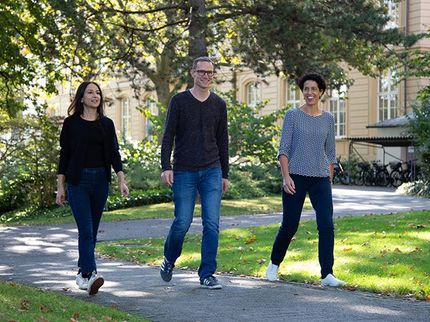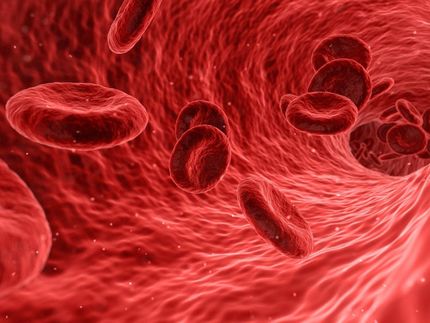Australian researchers identify a new disease
Advertisement
Researchers at the Queensland Institute of Medical Research (QIMR) and the Royal Brisbane Women's Hospital have identified a previously undiagnosed condition and successfully treated it by performing an experimental stem cell transplant.
Having spent her late teenage years in and out of hospital Katie Pulling had almost given up hope. "It was very confusing and very daunting. I kept hearing the doctors say, 'We don't know what is wrong', 'We don't know why you are so sick'," said Katie, who lives in north-eastern NSW. With no options left Katie agreed to an experimental stem cell transplant – a transplant which ultimately saved her life.
"Katie presented with a range of symptoms when she was eleven. No one could identify her condition and no treatment had been successful. She did not respond to regular treatments and she continued to get sick, often complicated by life-threatening infections," said Dr Maher Gandhi head of QIMR's Clinical Immunohaemotology Laboratory.
The key to unlocking the reason for Katie's reoccurring symptoms came when she contracted the common teenage virus that causes glandular fever. Usually most people come down with only a mild infection. However, Katie developed a full-blown version known as fulminant infectious mononucleosis (FIM).
"This is an incredibly rare, life threatening disorder characterised by fever, a massive spleen and destruction of the patient's blood cells. We realised the FIM was linked to her other reoccurring medical problems. The signals in Katie's immune system were not functioning normally. This meant her immune cells could not communicate with each other properly," said Dr Gandhi.
The only treatment was to replace her immune system.
"We contacted Dr Glen Kennedy, an expert in bone marrow stem cell transplantation at the Royal Brisbane Hospital, to see if this might offer a cure."
"The transplant was dangerous, but the results were amazing. The defect in Katie's immune cells has been fixed. To our knowledge this is the first time this disorder has been reported. We hope this will help anyone who has presented with the same symptoms and had no success with treatments," said Dr Maher Gandhi.
"Now I don't get sick. I am really not used to it and keep waiting to get sick. I am now back to full time study and loving it," said Katie, now 23 and completing a Bachelor of Business.
"I would like to thank the researchers for letting me know I was not completely alone in this fight and for shedding light on the reason for my illness. They devoted so much time and energy so I can live a normal life."



















































